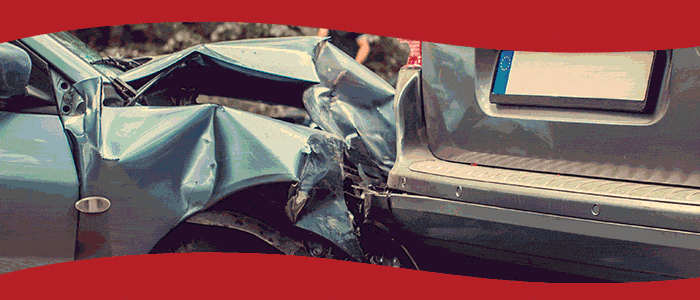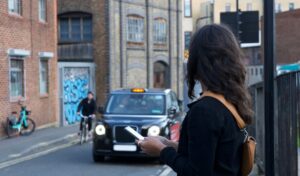CV stands for Curriculum Vitae and is Latin for “course of life”. A CV is basically an up-to-date document of what experience has taken place in your life for different activities, employment and commitments that could be relevant when applying for jobs.
I will highlight some essential things you can do that could give your CV a lift and give you ideas on how to improve or update your own. Feel free to take any of the points on board and see if you have success.
General Tips
To write a good CV is without a doubt the best way to promote yourself in a good light by highlighting your positive attributes and giving a real account of what you have done throughout your life so far, whether that is for example in previous employment, any training courses you have been on, some qualifications you have received, where you have studied, volunteering work undertaken or perhaps work experience in general.
Checking spelling and grammar is extremely important as errors on your CV will reflect poorly on you and could let you down. To ensure you word your CV in a way which is understandable, you should firstly start by spell-checking your document. Secondly, read your CV yourself to see if there are any mistakes or grammar errors a spell-checker will not pick up on such as using the wrong “their”, “there” or “they’re”.
Advertisement
If you are applying for a job in a country where the language is different to your first language it could be beneficial to get someone who speaks the relevant language to look at your CV to see if it translates properly. You could also use a translation tool to give you a bit of help if you needed to know what wording to use.
Make sure you highlight all of your experience that is relevant to the industry you want to work in or for the position you want to go for. For example if you want to be a Cab Driver, highlight the fact that you have a full, clean, valid driving license. If you have not done any cab driving before, you could still highlight an example of a job you had previously that could relate to the job you are applying for (e.g. where you did transport deliveries) to show you have good, regular driving experience already.
If you have any gaps in your CV with time out of work, you can explain what you were doing during your time out of work if you chose to. If you spent time travelling you could say where you went and what you learnt whilst you were away (saying that finding out about a new culture in a new country has really made you adapt to different people and different ways of life would be a good way to show off how you have expanded your horizons and opened your mind to something new).
Contact Details
When adding your contact details to a CV, check your details are up-to-date (include your name, address, telephone number, email address and any social media accounts, website URL, professional network details if you want to). If you add any social networks to your CV, make sure that the content you keep on your profile is acceptable and if you have any photographs they show you in a good light rather than out partying every weekend. It is best to put your date of birth rather than your age for your contact details as you will outdate your CV if you put your age at the time and then you have a birthday between applying for jobs. If you do not keep your CV updated you could run into trouble with giving an accurate representation of yourself.
Personal Profile
The personal profile section is a place to be confident about your personality and skills. Keep this section short and sweet and try not to be too similar to other people’s personal profiles. Why not try summarising yourself as a confident, highly-skilled driver who takes meticulous effort with appearance and time-keeping with the dream to seek permanent employment in the Minicab Industry as it is an interesting sector.
Education
Include places of study by name & location e.g. Parkers Secondary School in Basildon, Essex. To emphasise the years you were studying (or are currently studying at) add this to your CV as well. Qualifications should be clear and precise e.g. Basic First Aid Certificate achieved whilst being a Manager at Fast Cabs in London during January 2011 until December 2011. Point out any education or qualifications that will be worth mentioning to the employer you are aiming your CV at.
Career Experience
Add company/organisation names of places you have worked at. Put the location, duration of working there, positions held and whether you were promoted whilst at each place of work. An example would be Jason’s Driving School (Kings Cross in London) employed part time in September 2012 until January 2014, trained as a Driving Instructor and then trained students on the road. A further summary of duties undertaken could be included especially if you have lots of experience.
Volunteering, Work Experience or Organisation Running
If you have done any unpaid work, it could be worth adding to your CV, whether it is volunteering or work experience or simply running an event away from work. An employer could be impressed you have co-organised a fund-raising charity event to raise money for Cancer Research due to one of your colleagues being diagnosed with the illness, so if you think it is going to make your CV stand out – put it in!
Advertisement
Additional Skills & Strengths
You could include the fact that you have passed your driving test and have a clean driving license or explain you create websites for companies in your spare time as you have good IT skills (a company could need a new web-designer you never know!) If you speak many different languages, this could also be a major advantage to you so write about these types of skills and strengths here.
References
Add your references onto your CV with your named contact person, how you have a relationship to them and any different ways to contact them like telephone number, address and email.















